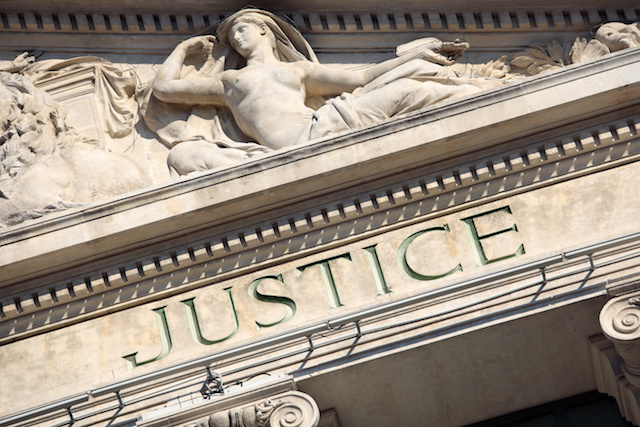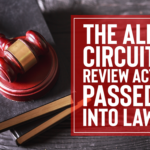One of the key considerations a plaintiff contemplating bringing a False Claims Act (FCA) claim faces is acting quickly to meet the FCA “first-to-file” rule. Under this rule included in the federal statute allowing for FCA claims, once an FCA claim is filed, “no person other than the Government may intervene or bring a related action based on the facts underlying the pending action.” This does mean that a person in possession of information relating to a potential FCA claim should act quickly in working with an experienced whistleblower attorney to file an FCA claim, as someone else may file a claim first and thus limit the person’s ability to file a suit. But it does not necessarily mean that once another FCA claim is filed that there is no purpose in continuing to work towards filing a separate FCA claim.
When a Second FCA Claim Can Be Filed Against a Defendant
First, note that the first-to-file rule refers to “a related action based on the facts…” Defendants who are in the business of contracting with the federal government on a regular basis may engage in thousands of transactions with the federal government and might work in a variety of contexts (e.g. medical, defense, etc.) with the government in separate departments and locations across the country and even the world. For example, a defense contractor could be engaged in providing food services to soldiers in the Middle East while also providing consulting services on transportation technology with the government in the U.S. And there could clearly be false claims submitted to the federal government with regard to both services that have no direct relationship with the other, and an FCA claim raising one series of actions within a company department might not address issues in another department. Thus, simply seeing that an FCA claim has been filed against a company may not provide any information with regard to whether the information you have uncovered would constitute a “related action.”
Furthermore, even where a previously filed claim does relate to similar facts as included in your potential action, it can still be important to pursue a claim as the first claim might be dismissed for any number of reasons. Bringing an FCA claim can be a long journey, and a plaintiff who brought a previous action based on similar information may not have collected enough actionable information, may not have worked with an attorney with the requisite skills to successfully prosecute the case, or may have simply abandoned the action. In any case, under the Supreme Court’s 2014 ruling in Kellogg Brown & Root Services, Inc. v. United States ex rel. Carter, a second plaintiff can successfully proceed with a “related action” when the first action was dismissed.
Acting Fast Is Still Paramount
Thus, it makes sense to reach out to a whistleblower attorney with information related to potential FCA violations even if a related action is pending, as an attorney can work with you to determine whether your action is not related and/or whether there is a likelihood that the first action will be dismissed such that your action can proceed. That said, your primary concern should still be with acting fast to work with an attorney to file your action, as the likelihood of successfully recovering a large FCA whistleblower reward does significantly diminish once another action has been filed.
Consult Confidentially With an FCA Attorney
At Kreindler & Associates, we will work with you every step of the way to determine your appropriate course of action in bringing an FCA claim, protect you from retaliation, and collect your much-deserved reward. If you suspect that someone is committing government-related fraud, contact us today for assistance with your concerns.




